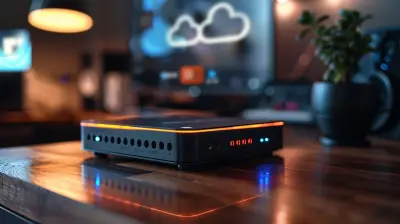Top Features to Look for When Buying an Electric Bike
9 November 2025
So, you’re ready to join the e-bike revolution — exciting stuff! Whether you're commuting, cruising mountain trails, or just looking for a new way to get around town without burning gasoline, an electric bike (aka e-bike) can totally change the way you ride. But here's the thing: the e-bike market is loaded with options, and it's easy to get overwhelmed by all the specs, terms, bells, and whistles.
The good news? You don’t need an engineering degree to pick the right e-bike. You just need to know what really matters — and that’s exactly what we’re diving into here.
Ready to turbocharge your bike buying confidence? Let's roll.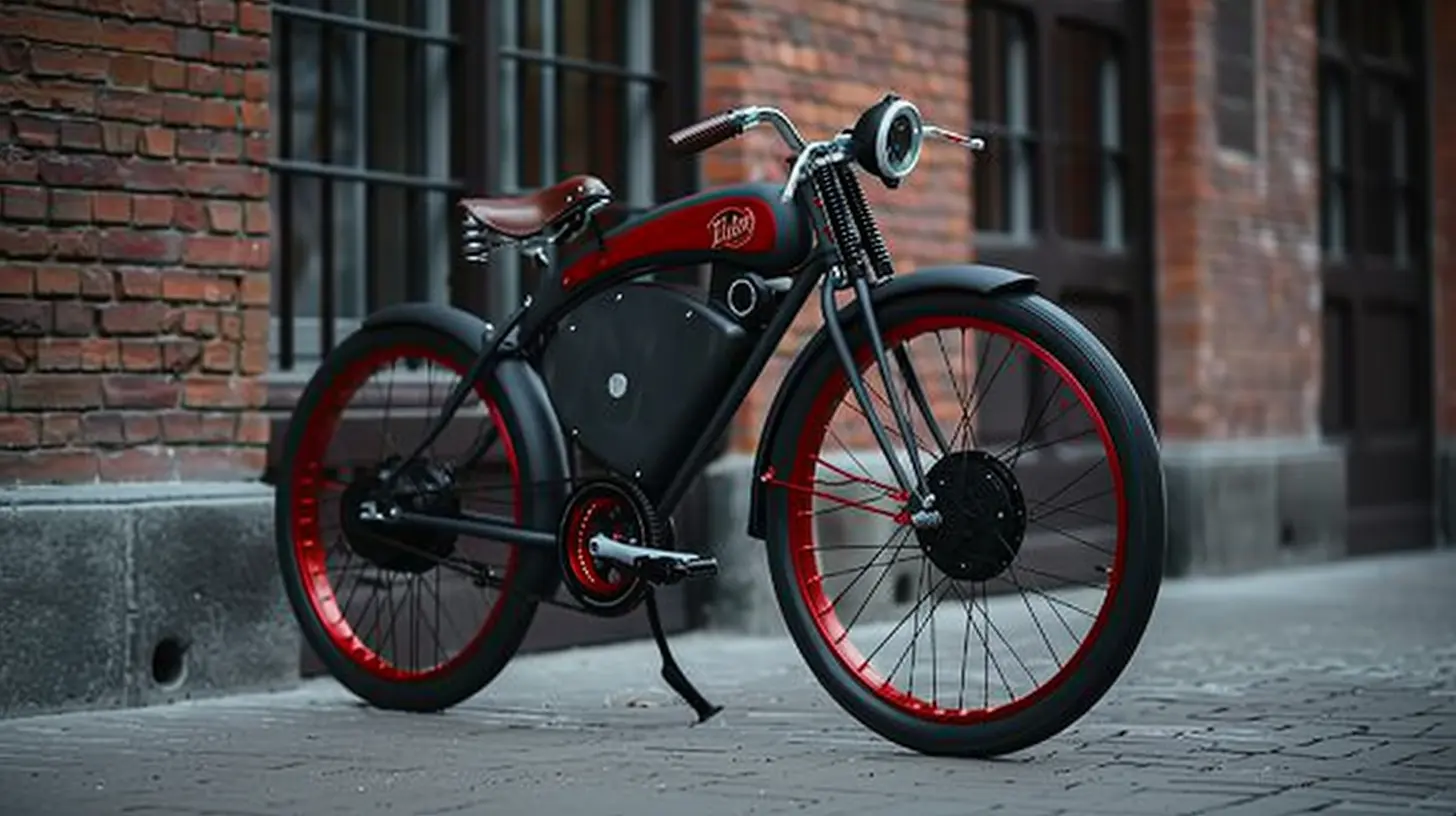
1. Motor Type: Hub vs. Mid-Drive
Let’s start with the heart of an electric bike — the motor. It’s what makes your bike go “vroom” (well, not literally, but you get the idea). There are two main types: hub motors and mid-drive motors.- Hub Motors are located in the wheel (usually the rear hub). These are great for flat terrain and casual rides. They’re typically cheaper and require less maintenance.
- Mid-Drive Motors sit in the middle of the bike, right by the pedals. These motors are smarter, often more powerful, and better for climbing hills or off-road adventures. They feel more “natural” because they leverage the bike's gears, just like your legs would.
If you’re just commuting or cruising around town, a hub motor might be all you need. But if you’re hunting hills or want something more performance-driven, mid-drive is the way to go.
Pro Tip:
Go for a test ride to feel the difference. It’s like comparing front-wheel drive to all-wheel drive — the experience matters!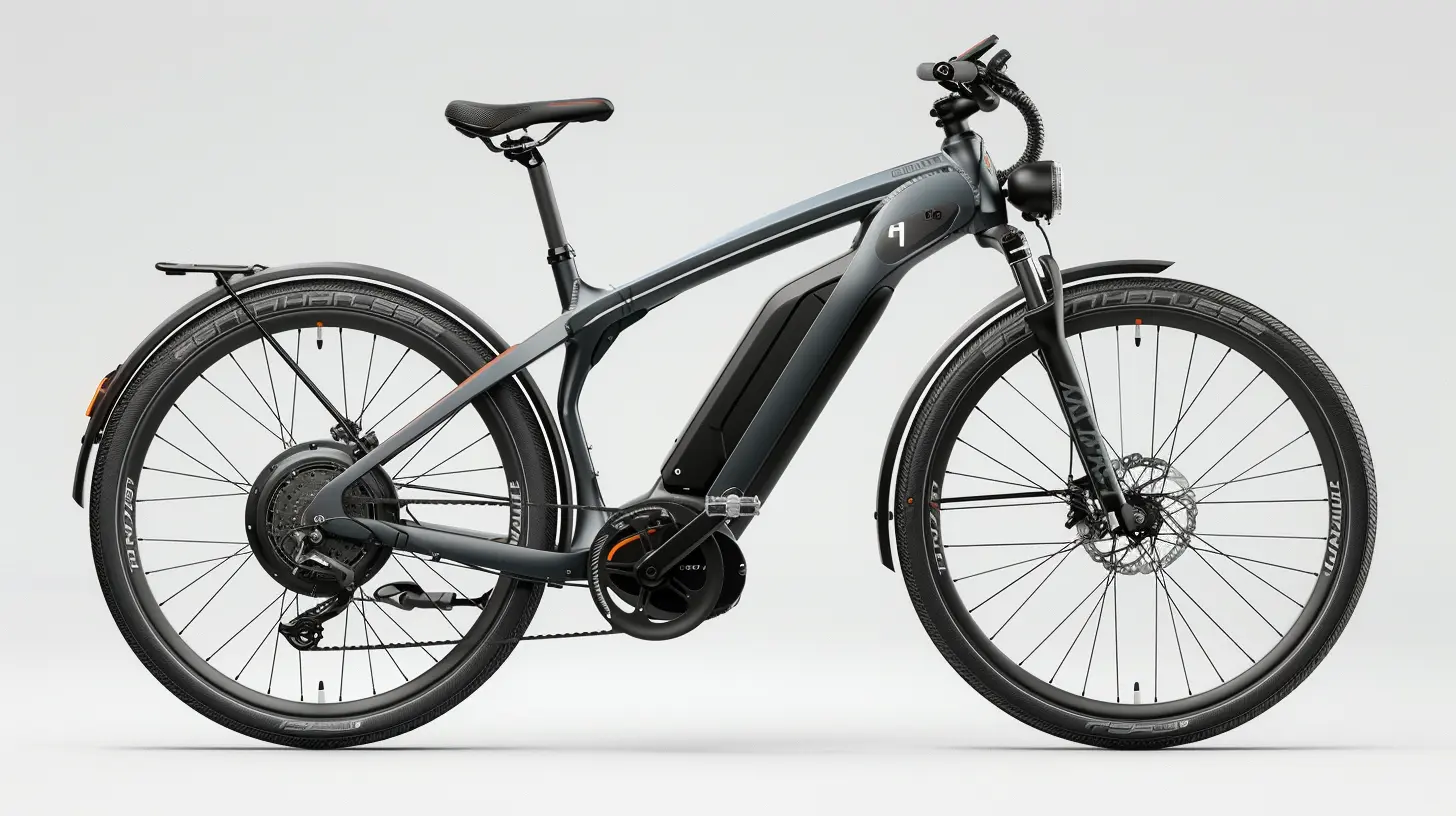
2. Battery Life & Range: How Far Can It Take You?
Battery life is your ride’s lifeline. Most e-bikes offer a range from 20 to 80 miles on a single charge, depending on the battery size (measured in watt-hours, or Wh), terrain, rider weight, and how much you're pedaling.When comparing batteries, here’s what you want to look for:
- Watt-hours (Wh): Bigger number = more range.
- Removability: Can you take the battery off to charge it inside? Super handy if you live in an apartment.
- Charge Time: Most batteries take 3-6 hours to fully charge. Faster is obviously better.
Think about your daily needs. Are you commuting 10 miles round trip? Or planning epic 50-mile weekend rides? Match the battery to your lifestyle so you don’t get stranded halfway home.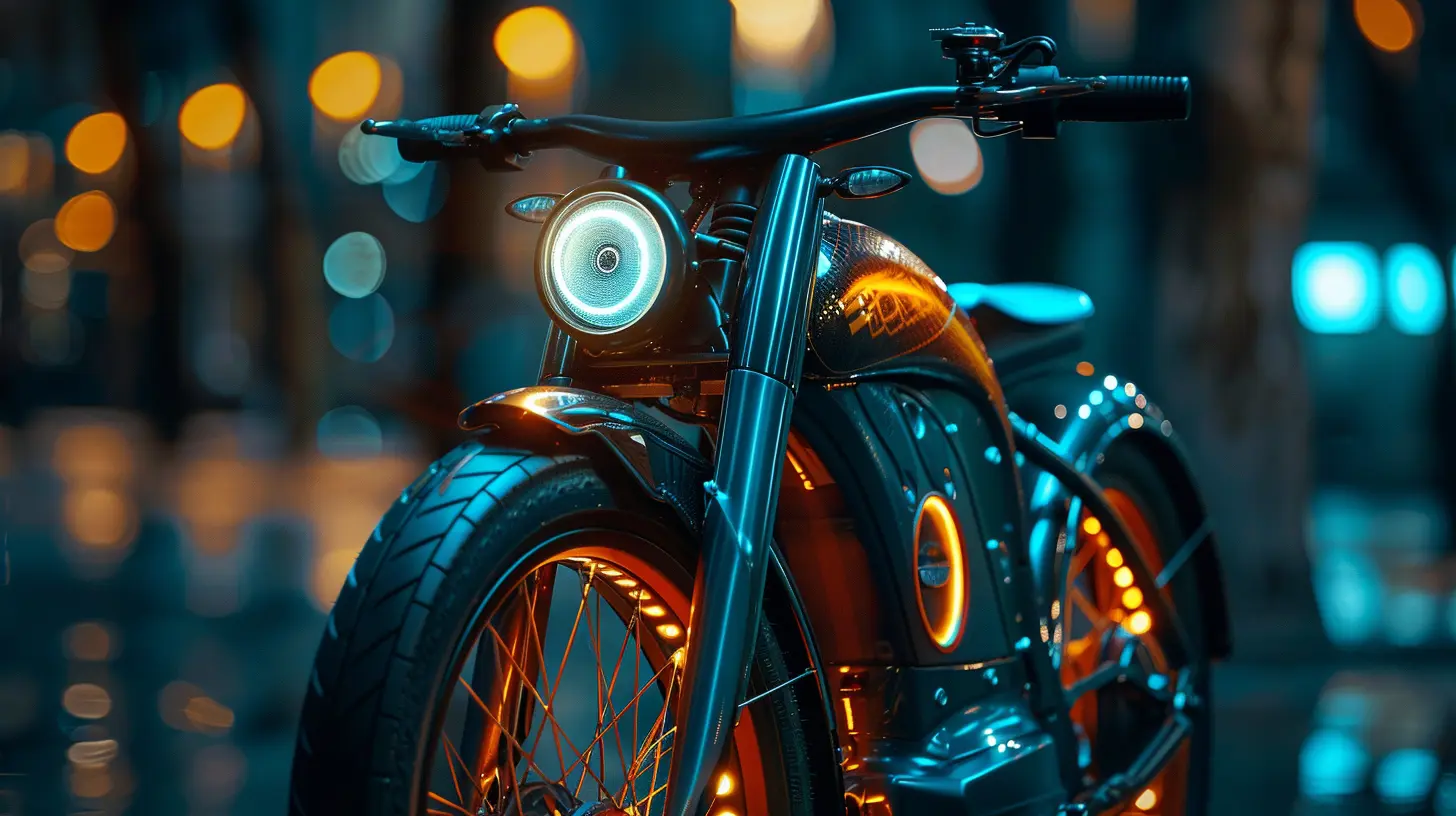
3. Pedal Assist vs. Throttle: Know Your Power Style
e-Bikes usually offer either pedal assist, throttle, or both. Understanding the difference can save you a ton of frustration.- Pedal Assist (PAS): You pedal, and the motor gives you a boost. It feels like you’ve got bionic legs. Perfect for riders who want an authentic biking feel with less sweat.
- Throttle: Twist the throttle or press a button — no pedaling required. Great for quick starts or when you need a break on that last mile.
Some bikes offer both, which gives you full flexibility. If you’re commuting and don’t want to arrive looking like you ran a marathon, throttle might be your new best friend.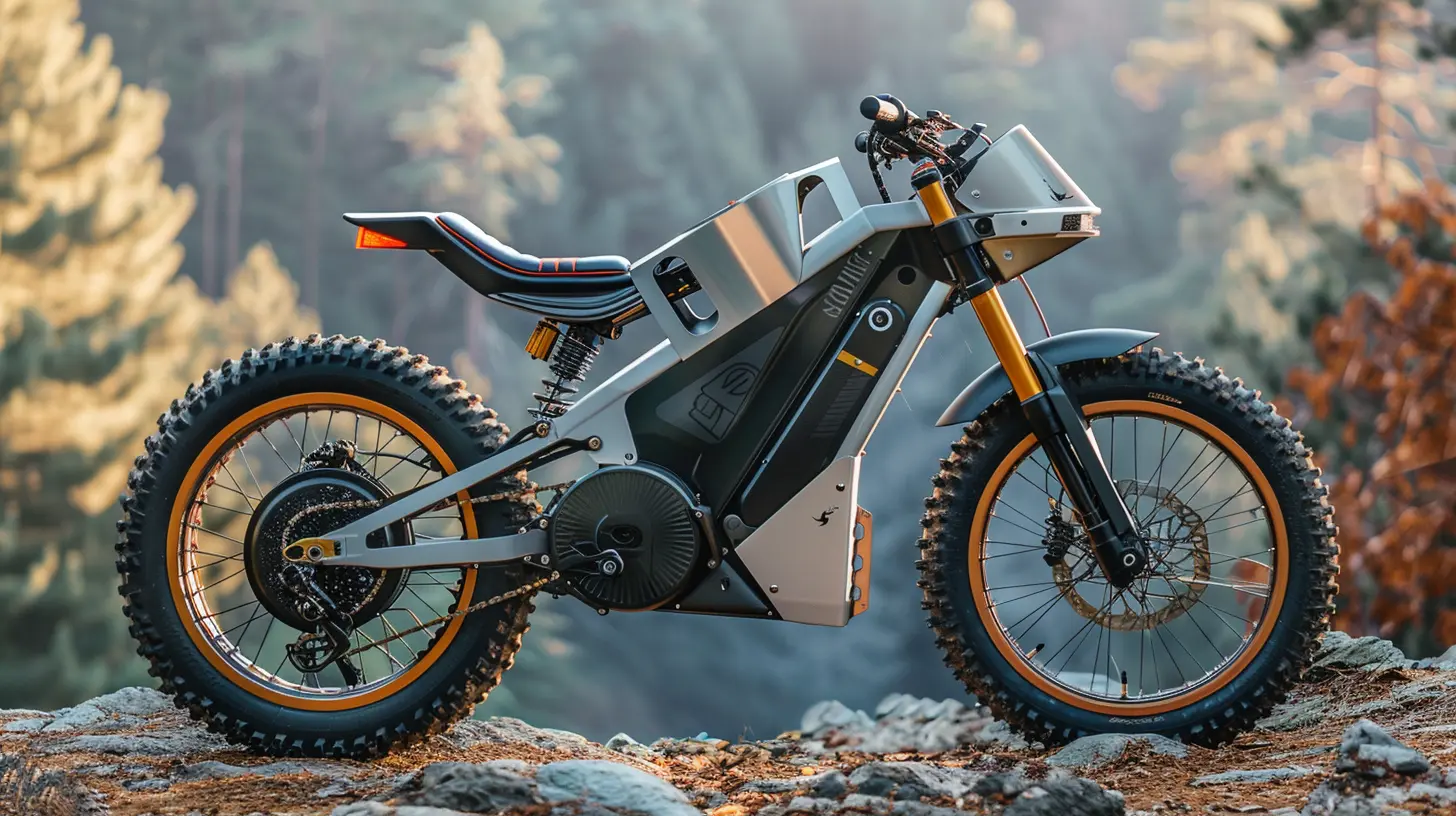
4. Frame Style: Comfort vs. Performance
Electric bikes come in all shapes and sizes — from sleek road bikes to beefy mountain beasts. Here’s a quick breakdown of popular frame types:- Step-Through Frames: These are easy to mount and dismount — ideal if you’ve got limited mobility or ride in work clothes. Super popular with commuter and city bikes.
- Step-Over Frames (Diamond Frame): More rigid and better for performance riding, climbing hills, and off-roading.
- Folding Frames: Perfect for apartment dwellers or anyone short on storage space. Fold it up and toss it in your trunk.
Your riding style and comfort should guide your frame decision. If it’s not comfy, you’re not gonna want to ride it — simple as that.
5. Brakes: Stopping Shouldn’t Be Optional
You’ve got power, but can you stop it?High speeds (and extra weight from the motor and battery) mean you need reliable brakes. Look for:
- Hydraulic Disc Brakes: These offer strong stopping power, especially in wet or steep conditions. They’re like the anti-lock brakes of bikes — smooth and powerful.
- Mechanical Disc Brakes: Slightly less stopping power but still way better than rim brakes. Easier to maintain and repair.
If you plan on tearing down hills or riding in the rain, don’t cheap out on the brakes. Your safety's worth it.
6. Tires: Traction, Terrain, and Comfort
Tires play a big role in ride quality and terrain adaptability. The right ones can make the difference between a smooth cruise and a bumpy mess.- Fat Tires (3"-5"): Great for sand, snow, and off-road exploration. Think of them like the SUV tires of the bike world.
- Standard Tires (~2"): Ideal for city commuting and paved paths.
- Gravel or Hybrid Tires: A nice balance between road and trail riding.
Consider where you’ll ride most. Wide tires cushion your ride; narrow tires are faster and more efficient but less forgiving.
7. Suspension: Smooth or Stiff Ride?
Electric bikes may come with different levels of suspension — and that affects how comfortable the ride feels.- No Suspension (Rigid): Best for smooth city streets. Lightweight and efficient.
- Front Suspension (Hardtail): Helps absorb bumps up front — great for light trails or pothole-filled commutes.
- Full Suspension: Front and rear shocks for maximum comfort off-road. Expect to pay more, but it’s worth it if you're trail-happy.
If your route looks like a cross between the Moon’s surface and a BMX park, splash out for some good suspension.
8. Weight: Can You Lift It?
This one’s easy to overlook until you have to carry your bike up stairs or load it onto a car rack. e-Bikes are heavier than traditional bikes by design. Motors, batteries, and sturdier frames all add to the load.- Lightweight e-Bikes: Around 30-40 lbs – rare and usually more expensive.
- Average Weight: 50-70 lbs.
- Cargo or Fat Tire e-Bikes: Can reach 80 lbs+.
Make sure you can lift, store, and maneuver your e-bike comfortably. Otherwise, it might stay in the garage more than it should.
9. Display & Controls: Dashboard for Your Ride
Ever driven a car without a dashboard? Exactly. Your e-bike should have a clear, easy-to-read display showing:- Speed
- Battery level
- Assist level
- Trip distance
- Sometimes even GPS or mobile connectivity
Simple buttons or a touchpad should let you switch assist levels or activate lights on the go. It makes riding feel more like piloting a modern gadget — because it is.
10. Price & Warranty: Don’t Get Burned
e-Bikes range wildly in price — from under $1,000 to over $10,000. The sweet spot for most casual riders is $1,500 to $3,000.You get what you pay for in terms of:
- Battery quality and range
- Motor performance
- Frame durability
- Extras like lighting, racks, and fenders
Also, check the warranty. A solid warranty (1-2 years minimum on motor and battery) shows the company stands behind its product. Avoid brands that vanish after your purchase — those tempting Amazon deals might not be so sweet when something breaks.
11. Integrated Features: Lights, Racks, & Bells
While not essentials, built-in features can level up your experience:- Integrated Lights: Run off the battery and switch on automatically = game-changer for night rides.
- Rear Racks & Baskets: Handy for errands, groceries, or hauling gear.
- Fenders: Keep mud and water off your clothes.
- USB Charging: Charge your phone on the go? Yes, please!
Look for bikes that come with these extras if you want a plug-and-play solution instead of tinkering later.
12. Class Type: Know the Legal Side
E-bikes fall into three main classes:- Class 1: Pedal assist only, max speed of 20 mph. Legal on most bike paths and trails.
- Class 2: Pedal assist + throttle, still maxes out at 20 mph.
- Class 3: Pedal assist only, but maxes out at 28 mph. Usually restricted on bike paths.
Make sure you know what’s allowed in your area. A Class 3 bike may be fun, but if it’s illegal on your commute path, it becomes a pricey decoration.
13. Customer Support & Brand Reputation
Buying an e-bike isn’t just a purchase — it’s a relationship. Choose a brand that:- Has good reviews
- Offers responsive tech support
- Provides parts and repair guides
- Is known for solid build quality
Trust us, nothing kills the fun like a dead bike and zero customer support.
Final Thoughts: Pick What Fits You
Buying an electric bike isn’t about finding the “best” bike — it’s about finding the best bike for you. Think about your lifestyle, where you’ll ride, your budget, and what features really matter to you.Take your time, ask questions, and most importantly, take that test ride — because once you feel that effortless glide up a hill, there’s no turning back.
Happy riding!
all images in this post were generated using AI tools
Category:
Electric BicyclesAuthor:

Marcus Gray
Discussion
rate this article
1 comments
Faelan Ford
Make sure it’s faster than your last online date!
November 10, 2025 at 11:37 AM

Marcus Gray
Speed is definitely a key feature to consider!


